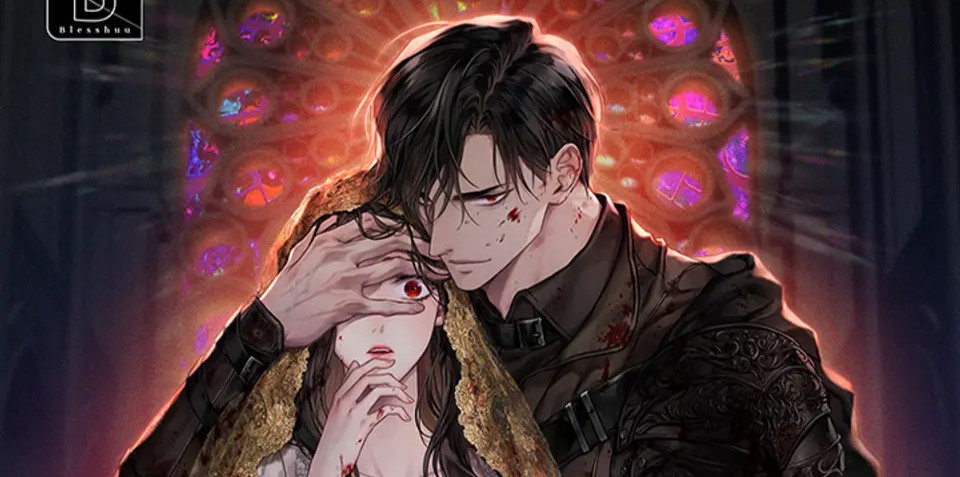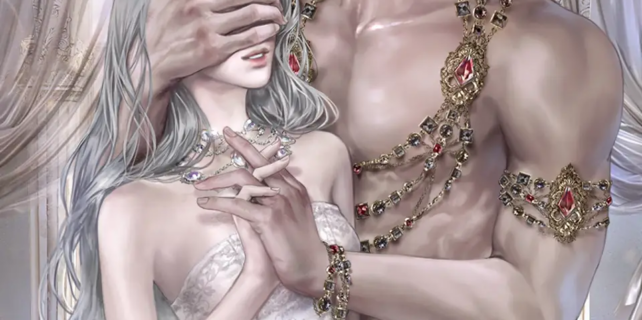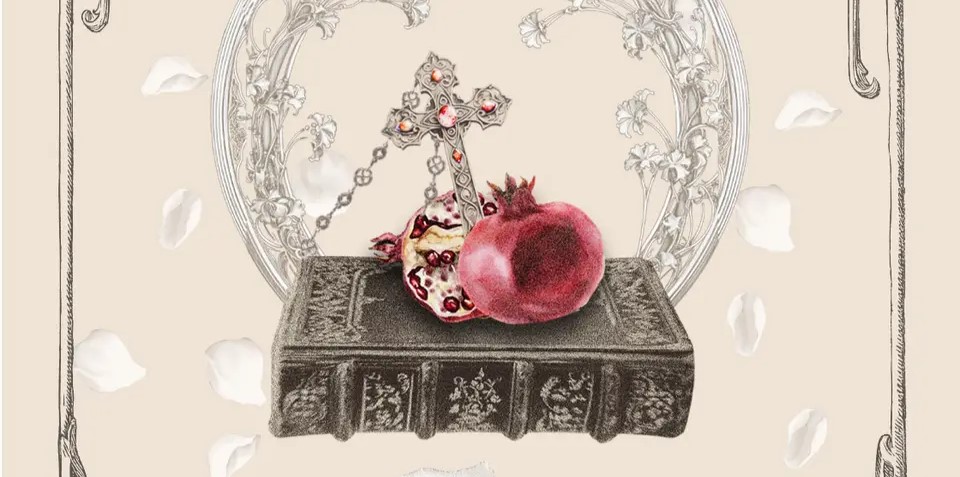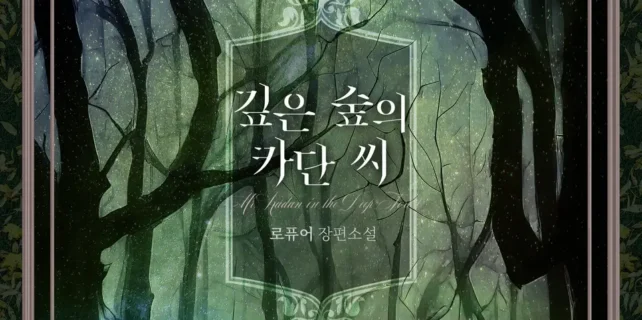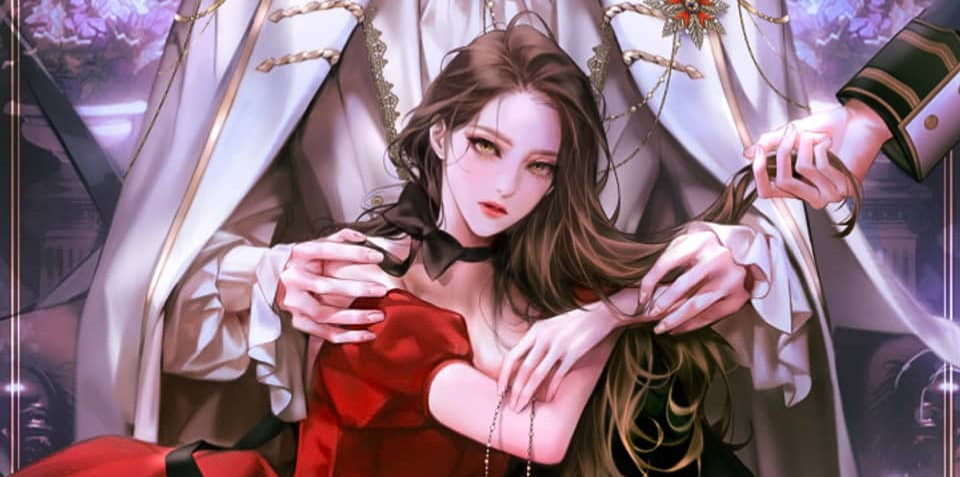Pherenike - Chapter 10
‧₊˚ ☁️⋅♡𓂃 ࣪ ִֶָ☾.
read more chapters on luna kofi
Deucalion’s death was necessary for the king, but it was his suffering that the king truly desired. If dying was the most painful, then he should die. If living was more painful, then he should live, at least until it was better to die.
In his youth, the king was forced to marry the daughter of a man he hated as his second wife, and this union bore him a son. This despised son disrupted everything that should have rightfully belonged to the king’s beloved firstborn, unsettling the balance from the moment of his birth.
King Epicydes world was always skewed between what he loved and what he didn’t, between what was precious and what wasn’t.
Deucalion, who had never been treated as a son by him, was forced to finally choose the weight of this skewed balance.
He chose and admitted to crimes he did not commit. This granted him the ‘mercy’ he did not want. He survived.
But from that moment, he was left with nothing but a miserable life as a condemned sinner. Like a slave, he was branded as a beast and was forbidden from ever setting foot in Evdokia again.
In Evdokia’s laws, only those acknowledged as ‘complete sinners’ received punishment. By admitting guilt, Deucalion became an indisputable sinner.
This was the last step before execution. Therefore, Evdokians would always try to extract a confession before carrying out a sentence. As a lack of confession implied the possibility of innocence no matter what hardships one had gone through.
Ironically, this meant there were no innocent sinners in Evdokia; everyone admitted their guilt, finding it easier to accept blame and live or die than to die honorably for a crime they didn’t commit.
A complete sinner! Queen Axiothea cried and clenched her chest. She lamented that it would have been better to die stoned in the streets, but by then, her son had already become a complete sinner and left Evdokia.
“I’m just buying time, Pherenike.”
In fact, Deucalion did receive a price from the king besides time. He mockingly brushed off the king’s retort that ‘isn’t leaving the land alive the price?’
Contrary to what was known, the most important price Deucalion gained was not his life.
He made the king swear on his beloved Actor before the goddess to secure the safety of Axiothea and Pherenike.
“Even if Kybellar’s curse falls there, he wouldn’t swear on his life.”
“Damned bastard. How can you do something so absurd?”
“Damned woman. Why do you keep swearing every time you open your mouth, this really will be the last time you see me this year.”
“This punk, even if you live, I’ll kill you.”
“Ah, I just survived. Honor me, Pherenike.”
“The exile only guarantees your life for now. They exiled you today to save you, and killing you tomorrow is a separate matter. What will you do then?”
“I’ll live.”
“Why didn’t you ask him to not kill you? You could have made it impossible for him to harm you forever, not just now. You had already laid your head before the goddess. Your father couldn’t refuse anything…”
Indeed, at that moment, in front of the statue of the goddess Kybellar, Epicydes had already agreed to grant Deucalion one wish. Everything besides revoking his crime and exile. At best, he obtained the king’s oath…
The king, despite his desire to kill his despised second son, had no choice but to swear. After all, his plan was to eventually have his firstborn son strike him down, making his own oath insignificant in comparison.
However, this oath could at least delay the king’s blade for some time, possibly granting several years of peace. Actor, unlike his impulsive father, was not one to rush into action.
If the king had refused the oath, it would have been just as well. Breaking an oath was cowardly and one of the things most abhorred by the goddess.
But to waste such an oath on an unnecessary promise?
Axiothea would become a queen without a son, officially. Killing her after Deucalion’s exile would have been pointless and only invited trouble. Eventually, the king might even find himself in a position where he needed to keep Axiothea alive, even if she sought her own death.
And Pherenike was someone who couldn’t be killed even if one had to. No matter what happened to her, she would survive.
Knowing all this, how could he make such a foolish decision?
Deucalion just laughed a little as he responded to her.
“Pherenike, not dying isn’t everything just as living isn’t everything.”
“For me, living is everything, Deucalion. For you to live forever is all that matters.”
She wept like a child in front of him.
“I want you to live well, Pherenike. Not just to have breath in you, but to truly live.”
“…..”
“I want you to smile sometimes. To be happy, even when I’m not there.”
How can it be possible without him there?
“I’m already unhappy because of you.”
“And if by chance, you or Mother…”
“You would gamble everything you have left for the mere ‘by chance’?”
“Yes. Because ‘by chance’ is a damned word. I can’t leave you or Mother in such a state.”
“It didn’t matter to me to be taken to your father’s bed. But you, how could you dare?”
Her words reflected a mixture of despair and anger, tangled with her deep concern for Deucalion’s well-being and the sacrifices he had made. The complexity of their situation, entwined with the political intrigue and personal sacrifices, painted a tragic picture of love and loyalty in a world ruled by power and manipulation.



